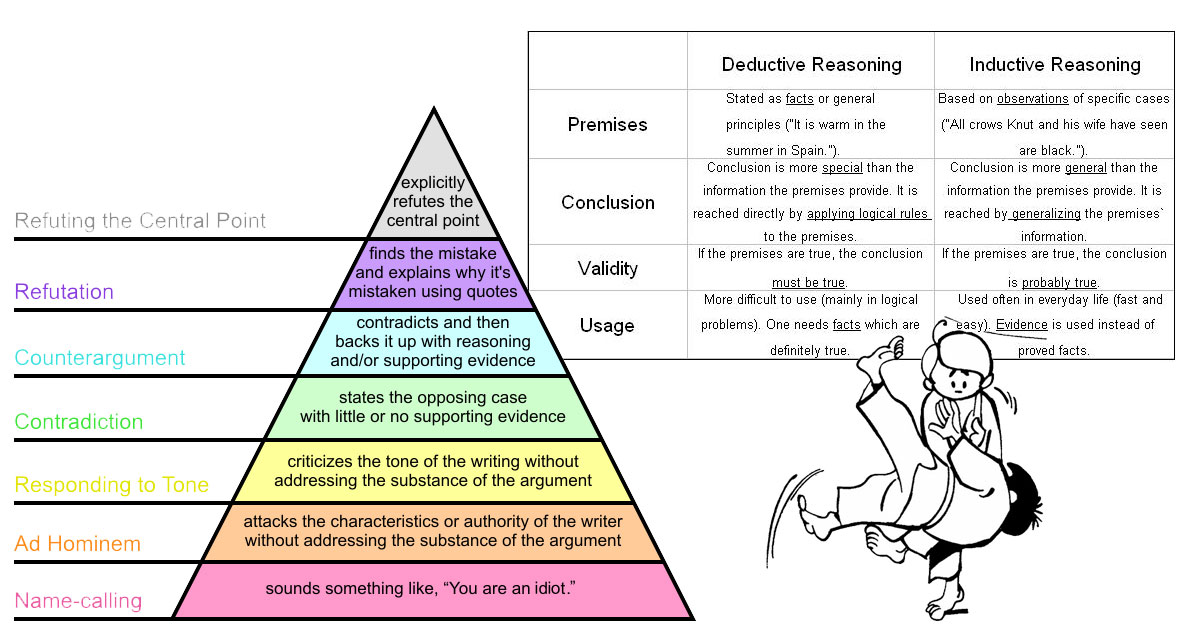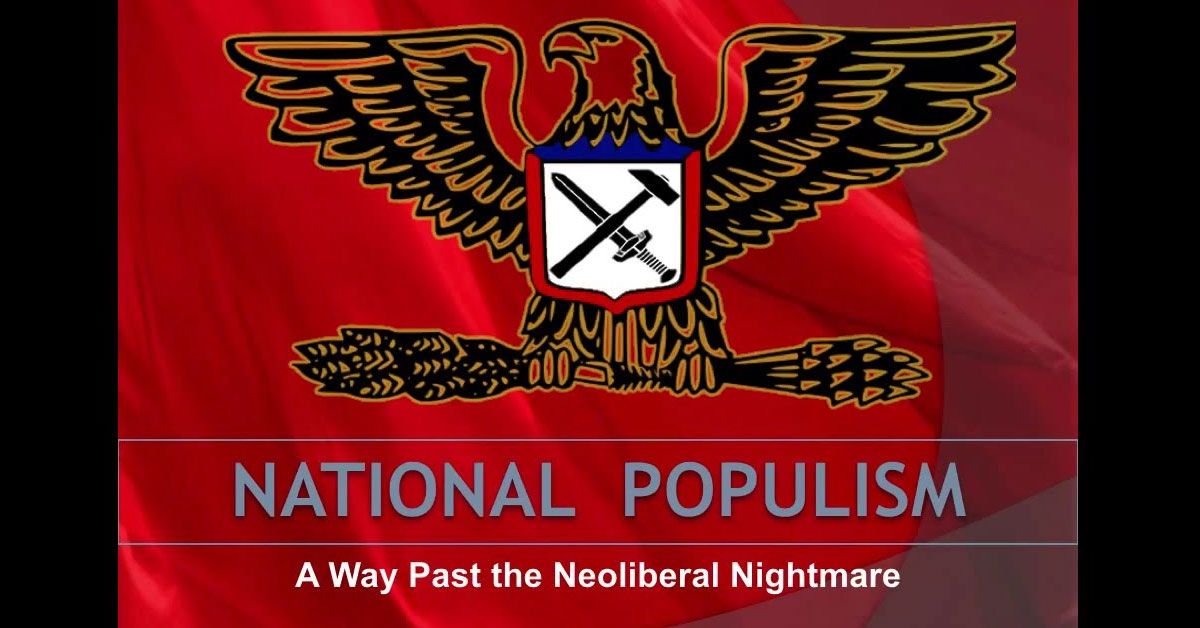Types of Conflict Theories

We explain Marx’s conflict theory and other conflict theories to show how tension between social, political, material, and other forces manifest.
Social engineering is the art of social influence, or the science of influencing individuals, groups, and systems, typically through indirect means.
This can describe shaping opinion and influence on an interpersonal, small group, national, or even world-wide level, or it can be a statement on “hacking” using social means.
From a broad lens, social engineering is simply the use of social psychology, marketing, and other social influence tools to impact behavior and “bypass psychological and physical firewalls”. So, in its most mundane sense, it is something simple like a morale boosting speech or advertising. The morality of social engineering relies just as much on the morality and transparency of the tactics, as it does the message.
Terms like social engineering and propaganda get a bad reputation, but they are both simply calculated tactics to influence individual and social behavior. In this way, a politician’s speech, or a company’s press release or advert, is a form of social engineering and propaganda. Social engineering describes the tactics used, while propaganda describes a medium used to transfer the ideology behind the content.
In the world of cryptography and technology (an area of life that at times appropriated this term), social engineering simply describes a way of get around the need for brute force attacks by bypassing social firewalls rather than digital ones.
For instance, it would be easier to get into your spouses Facebook page by distracting them away from their computer with a convenient self-initiated phone call to their mom, rather than trying to guess their password. Your tactics were engineered with methods based in the social sciences, rather than technological ones, thus, this is a form of “social” “engineering”.
The show “Mr. Robot” uses social engineering, in the “hacker” sense, as one of its main themes (so it is a good place for a visual). With that in mind, any social influence technique that is meant to influence is a type of “social” “engineering” for our purposes. In other words, this section is about manipulating public opinion and social influence that use “social hacks” (like life hacks, but life hacks that hack other people).

We explain Marx’s conflict theory and other conflict theories to show how tension between social, political, material, and other forces manifest.

We define terms related to “the society of the spectacle” like commodity fetishism, consumerism, “proletarianization,” and alienation.

We present a list of types of propaganda, propaganda techniques, and propaganda strategies used to manipulate public opinion in the modern day.

If the fifth estate is bloggers and alt-media, then the sixth estate is the people, their comments, and social media. We discuss propaganda and “digital democracy” in the fifth and sixth estate.

Political emotion is a term that describes emotional attachments and responses to political ideas and responses to political ideas based on emotion.

Criminal virtue is a concept eluded to in Machiavelli’s the Prince. It describes calculated “criminal acts” that can help one get ahead in politics.

Steve Bannon eluded to a “National Populist” “Deconstruction” agenda in a recent speech. We take a look at the historic meaning of those terms.

We explain the “vast-right wing conspiracy” (or right-wing strategy) that Hillary talked about in the 90s (and the left-wing equivalent).

Alternative facts describe inconsistent sets of information submitted as plausible evidence for competing sides of a case/debate/argument.

The problem with unsubstantiated information is that it is unverified as true, and often leaked by sources with plausible deniability, which is confusing.